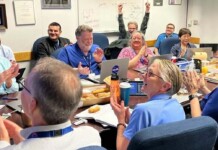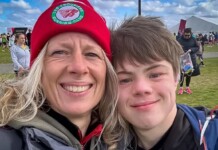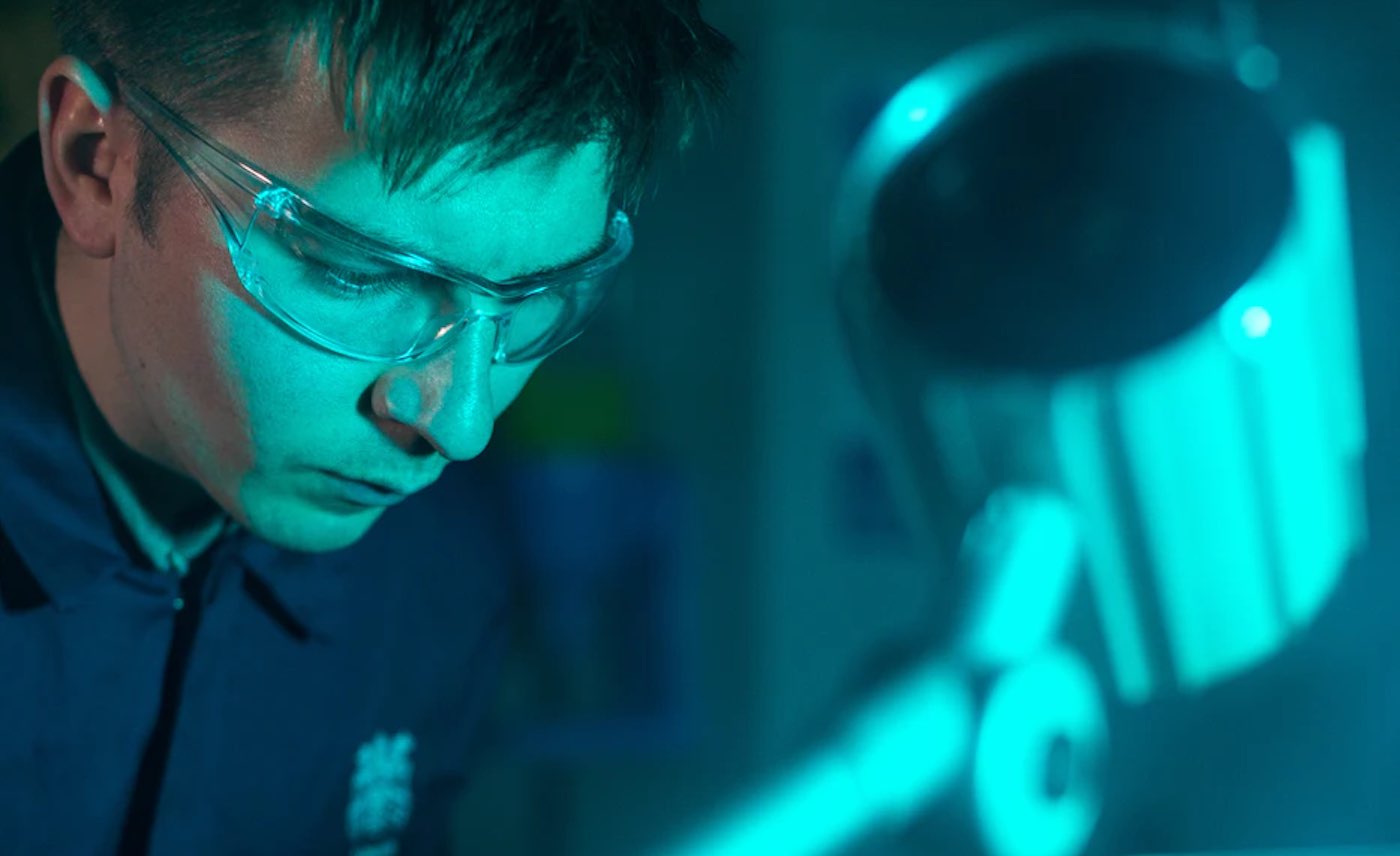A man with Amyotrophic Lateral Sclerosis (ALS) had the advance of his disease slowed, and even halted altogether, thanks to a new trial that could offer hope to the 12,000 to 15,000 patients who currently suffer from the disease.
At 70 years of age, John Lay was diagnosed with ALS, the incurable progressive motor neuron disease known as Lou Gehrig’s disease—which Stephen Hawking had.
It was a cruel blow for a man in his golden years when things like playing with grandchildren, passing knowledge onto younger generations, and picking up new hobbies tend to be the features of one’s week to week, but Lay took it in his stride.
“I was disappointed to have a diagnosis like that, but I was also very grateful to be 70 years old and to have lived a wonderful, rewarding life and to have so many great people in my life,” Lay said. “This was something that we would learn to deal with and to learn from it and to contribute something if we could.”
In order to contribute, Lay was enrolled in a phase 2a trial from Coya Therapeutics at Houston Methodist Hospital, who are currently designing a novel treatment for ALS that involves seeing if T-regulatory cells, or “Tregs,” could potentially be re-trained to halt the attack on one’s own cells which characterize autoimmune diseases like ALS, and also neurodegenerative diseases like Alzheimer’s.
Coya’s phase 1 trial halted ALS progression with no adverse side-effects in all three patients, while the data from Lay and the other patients of the phase 2a trial is being prepared for peer review.
Back on track
“We found that when we expanded the cells outside the body, we found that those cells became normal, they became suppressive,” said Dr. Stanley H. Appel, renowned ALS researcher and lead-author of the phase 2a trial.
RELATED: Computer Allows Paralyzed Patients to Communicate – And They’re Happy With Life
“They put out the fires that are caused by other cells that are too inflamed. This gave us the idea and the inspiration: why don’t we take these out our patients, expand them, and then give them back to the patients. What was amazing is it appeared that we stopped progression.”
Tregs are a vital part of the combined-arms attack of our immune system, working as something like a coordinator. Coya Therapeutics have found that Tregs are suppressed in Alzheimer’s Disease, but that when introduced, like in the ALS trial, from outside the body, their immuno-modulatory properties are restored.
Coya Therapeutics has pioneered a way in isolating a patient’s dysfunctional regulatory T-Cells (Tregs) and converting them to “Super Tregs”, conferred with potent immunosuppressive and neuroprotective features.
Moreover, Coya has developed and patented the methods of freezing the cells from one manufacturing run for future infusions and reinfusing them back into the same patient over a year on an ongoing basis. Repairing the dysfunctional Tregs holds great promise based on the seminal findings that dysfunctional and decreased levels of Tregs are critical drivers of the neurodegenerative disease process.
MORE: New Research Shows That Gut Microbes May ‘Significantly’ Slow the Progression of ALS
When Lay’s clinical trial finished, the progression of his ALS sped-up, offering further evidence of the treatment’s efficacy.
“This has made us a lot more appreciative of every day when the sun comes up,” Lay said. “Being able to participate in a clinical trial during this period that marks the transition point in my life has been terrifically rewarding. Because my hope is that whatever we’ve contributed can be built upon and that other patients can benefit in the near future if I’ve benefited during the trial.”
SHARE This Breakthrough Research With Your Circle…




















